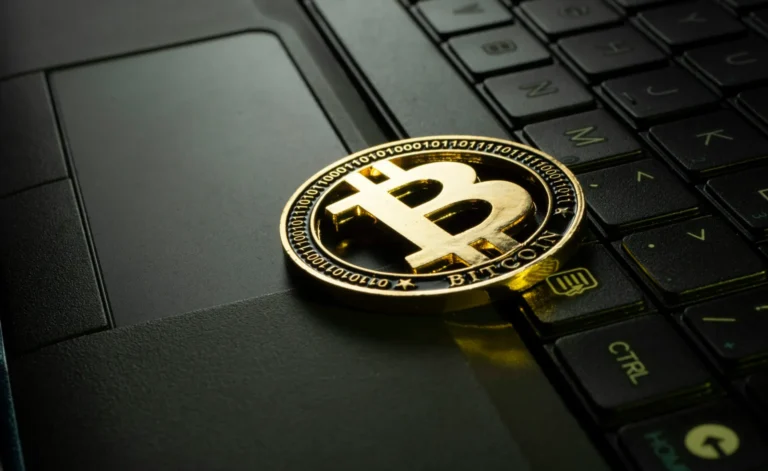
In a groundbreaking development, a new proposal has been introduced in Switzerland aiming to require the Swiss National Bank (SNB) to incorporate Bitcoin (BTC) into its national reserves. This ambitious initiative could mark a significant shift in the global financial landscape, positioning Switzerland as a leader in the adoption of digital assets.
The Proposal: What It Entails
The proposal seeks to mandate that a portion of the Swiss National Bank’s reserves be allocated to Bitcoin. Proponents argue that Bitcoin’s decentralized and deflationary nature makes it a valuable addition to the central bank’s portfolio, serving as a hedge against inflation and a counterbalance to traditional fiat reserves.
By integrating Bitcoin into its reserves, Switzerland could bolster its reputation as a hub for innovation and financial stability while also diversifying the SNB’s assets. The move aligns with the growing recognition of cryptocurrencies as legitimate financial instruments.
Support and Opposition
The proposal has garnered support from various sectors, including blockchain advocates and financial experts who see Bitcoin as the future of finance. They highlight Bitcoin’s resilience and its increasing adoption by institutional investors as key reasons for its inclusion in national reserves.
However, critics have raised concerns about the volatility of Bitcoin and its potential risks to the stability of the Swiss economy. They argue that Bitcoin’s price fluctuations could make it a precarious asset for a central bank, which traditionally prioritizes stability and low-risk investments.
Potential Implications
If implemented, the proposal could set a precedent for other nations to consider digital assets in their reserve strategies. Switzerland’s proactive stance could influence global financial policies, encouraging other central banks to explore similar initiatives.
For Bitcoin, this development could further legitimize its role as a store of value and a key player in the global economy. The increased demand from central banks could drive up Bitcoin’s price and enhance its credibility.
Challenges Ahead
The path to adoption is not without hurdles. The proposal must navigate the Swiss legislative process, requiring approval from lawmakers and possibly a public referendum. Additionally, the SNB would need to establish a framework for acquiring, securing, and managing Bitcoin reserves.
Conclusion
Switzerland’s proposal to include Bitcoin in its national reserves underscores the growing acceptance of digital assets in traditional finance. While the move is ambitious and potentially transformative, it also highlights the challenges and debates surrounding cryptocurrency adoption at the highest levels. Whether the proposal succeeds or not, it represents a pivotal moment in the evolving relationship between digital currencies and global financial systems.





